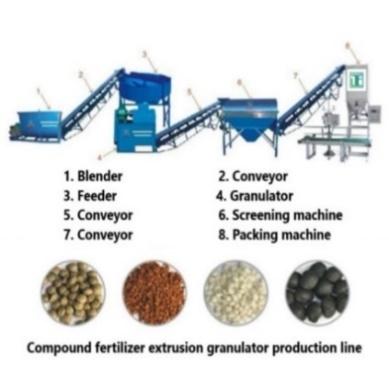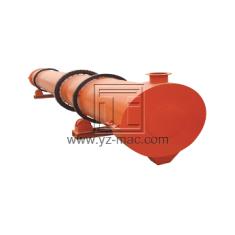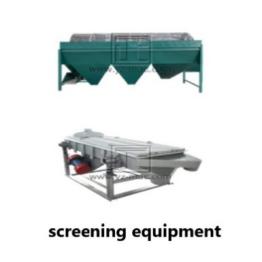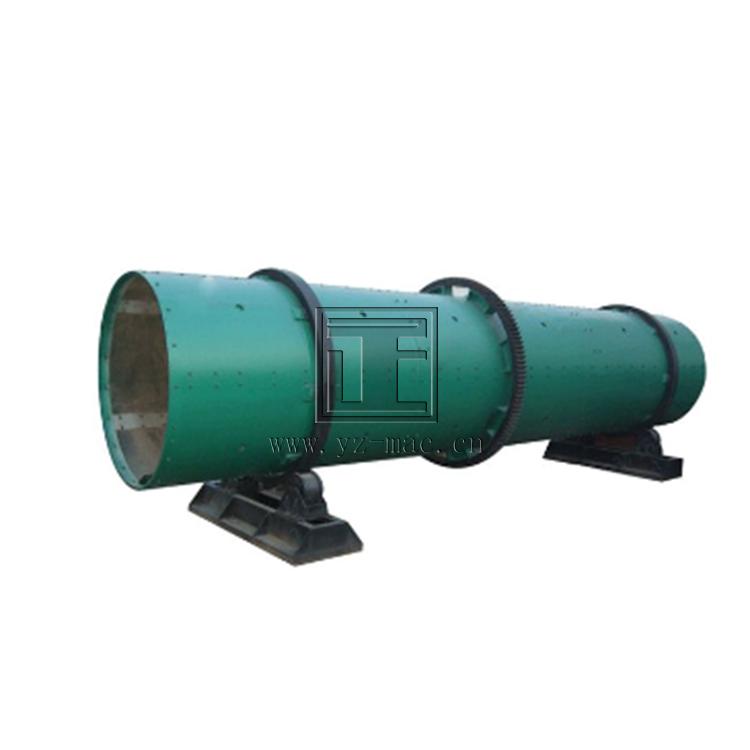Compost turners for sale
Compost turners, also known as compost windrow turners or composting machines, are specialized equipment designed to mix and aerate organic materials in compost piles or windrows.
Types of Compost Turners:
Tow-Behind Turners:
Tow-behind compost turners are versatile machines that can be attached to a tractor or similar equipment. They are ideal for medium to large-scale composting operations. These turners feature rotating drums or paddles that mix and aerate the compost pile as they are towed through it.
Self-Propelled Turners:
Self-propelled compost turners are standalone machines equipped with their own engines or motors. They offer increased mobility and maneuverability compared to tow-behind models. Self-propelled turners typically have larger turning capacities and are suitable for larger composting sites.
Elevating Face Turners:
Elevating face turners are specifically designed for composting windrows. They feature a conveyor belt or auger system that lifts and flips the composting material, ensuring thorough mixing and aeration. These turners are efficient for high-volume composting and can handle large windrow piles.
Straddle Turners:
Straddle turners are heavy-duty machines that straddle over the compost windrow. They are equipped with rotating drums or paddles that rotate and mix the material as they traverse along the windrow. Straddle turners are known for their efficiency in turning large windrows quickly.
Applications of Compost Turners:
Agriculture and Horticulture:
Compost turners play a crucial role in agriculture and horticulture. They are used to turn and aerate compost piles, creating an optimal environment for beneficial microorganisms. The efficient mixing and aeration promote the decomposition of organic materials, resulting in nutrient-rich compost that improves soil fertility, enhances nutrient availability, and boosts crop yields.
Commercial Composting Facilities:
Compost turners are essential equipment in commercial composting facilities. These facilities process large volumes of organic waste, such as yard trimmings, food waste, and agricultural residues. Compost turners efficiently mix and aerate the compost piles, accelerating the decomposition process and producing high-quality compost for various applications, including landscaping, soil remediation, and agriculture.
Municipal Waste Management:
Municipalities utilize compost turners in their waste management operations. Composting organic waste helps divert it from landfills, reducing greenhouse gas emissions and promoting sustainable waste management practices. Compost turners assist in managing large-scale composting of yard waste, food waste, and biosolids, resulting in valuable compost that can be used in public parks, gardens, and landscaping projects.
Remediation and Land Rehabilitation:
Compost turners are employed in land remediation and land rehabilitation projects. They aid in composting organic materials used to remediate contaminated soils, brownfield sites, or degraded lands. Compost turners ensure thorough mixing and aeration of the compost, facilitating the breakdown of pollutants and the restoration of healthy soil conditions.
Benefits of Compost Turners:
Improved Decomposition: Compost turners enhance the decomposition process by promoting oxygen flow and mixing organic materials. This results in faster decomposition, reducing composting time and allowing for quicker production of high-quality compost.
Enhanced Aeration: By turning the compost pile, turners introduce fresh oxygen, which is vital for the growth of aerobic microorganisms. Increased aeration promotes the development of a healthy microbial community that efficiently breaks down organic matter and produces nutrient-rich compost.
Homogeneous Mixture: Compost turners ensure uniform mixing of organic materials, creating a homogeneous compost pile. This eliminates the formation of anaerobic pockets and uneven decomposition, resulting in a more consistent compost product.
Cost and Time Efficiency: The use of compost turners significantly reduces manual labor and time required for turning compost piles. The mechanical turning process is more efficient and can handle larger volumes, improving overall productivity and reducing operational costs.
Conclusion:
Investing in compost turners for sale is a valuable step towards enhancing composting efficiency. These machines facilitate thorough mixing, aeration, and decomposition of organic materials, resulting in high-quality compost. With different types of turners available, such as tow-behind, self-propelled, elevating face, and straddle turners, you can choose the one that best suits your composting needs. Compost turners find applications in agriculture, commercial composting facilities, municipal waste management, and land re








